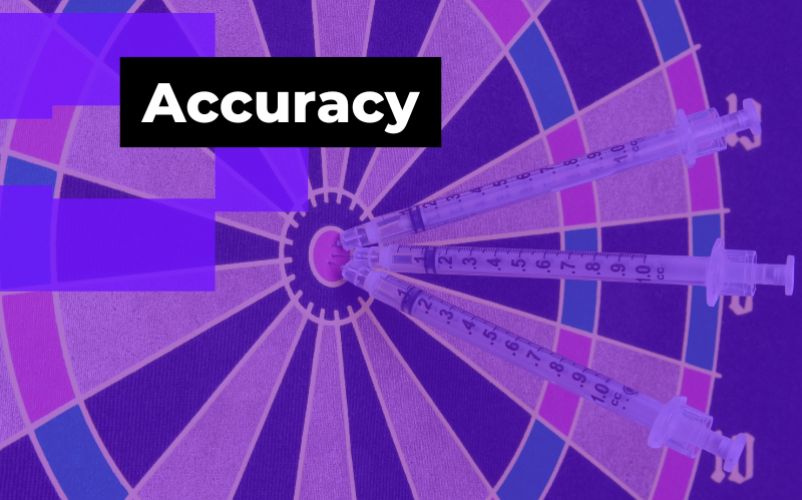Scientific research is accelerating at an unprecedented rate, driven by urgent global health needs, a competitive funding environment, and increasingly complex experiments. In this evolving landscape, the ability to generate accurate, reproducible results is more critical than ever. However, many laboratories continue to struggle with inefficiencies caused by manual workflows, disconnected systems, and the rising demands of regulatory compliance.
As protocols become more intricate and collaboration spans multiple sites, even minor variations in timing, technique, or instrumentation can lead to significant variability. These challenges compromise data integrity, waste valuable resources, and delay progression.
This article examines how automation can help overcome these obstacles by standardizing processes, improving traceability, and supporting more robust and scalable research outcomes.
The Challenge: Persistent barriers to reliable results
Achieving consistent, high-quality data remains a widespread challenge in research settings. While teams are skilled and protocols are well-designed, the tools and systems in use often lack the structure needed to ensure precision across experiments.
Common issues include:
- Variability in technique leads to inconsistent results across users and runs
- Lack of real-time oversight means deviations often go undetected
- Disconnected protocol management allows outdated methods to persist
- Manual documentation introduces errors and incomplete audit trails
- Cross-team standardization is difficult, especially across locations
These issues not only slow progress but also threaten data integrity, regulatory compliance, and the reliability of research outcomes. Labs need smarter systems that enforce consistency and provide full visibility into every experimental step.
The Solution: Driving Precision and Consistency with Director™
Director™ tackles the core issues of variability and errors by combining automation, centralized control, and intelligent monitoring. The software is designed to support more reliable, reproducible outcomes.
Key benefits include:
- Protocol standardization
A web-based interface ensures every user follows the same protocol, reducing variability with personal technique or interpretation. - Real-time monitoring
Researchers can oversee active runs, receive intelligent error alerts, and intervene early to prevent issues. - Automated documentation
Every action is logged automatically with a timestamped audit trail, ensuring compliance and simplifying troubleshooting. - Centralized protocol version control
Protocols are centrally managed to ensure all users consistently apply the most current, approved versions. - Flexible, scalable integration
Open APIs and SDKs connect seamlessly with instruments and robotics, enabling your workflows to adapt as research evolves.
Together, these capabilities enhance experimental precision and streamline workflow management. Automating key processes and centralizing control reduces manual errors, enforces consistent protocol adherence, and maintains comprehensive records. This creates a robust framework that supports data quality and reproducibility, enabling researchers to advance their work with greater confidence.
Conclusion
Accurate, reproducible results are the backbone of successful research, but even the most skilled teams face increasing complexity and regulatory demands. Lab automation solutions provide a strategic solution by integrating standardized protocols and comprehensive traceability directly into workflows, strengthening data integrity and enhancing operational efficiency.
Adopting automated systems allows laboratories to meet evolving research demands with precision and adaptability, transforming variability from a barrier into a controllable element. This leads to faster, more reliable insights that drive discovery and innovation forward. Automation isn’t just a tech upgrade; it’s a strategic enhancement that supports the consistent delivery of high-quality results.
Ready to streamline your lab? Book a demo today and discover how Director™ can transform your research outcomes.

